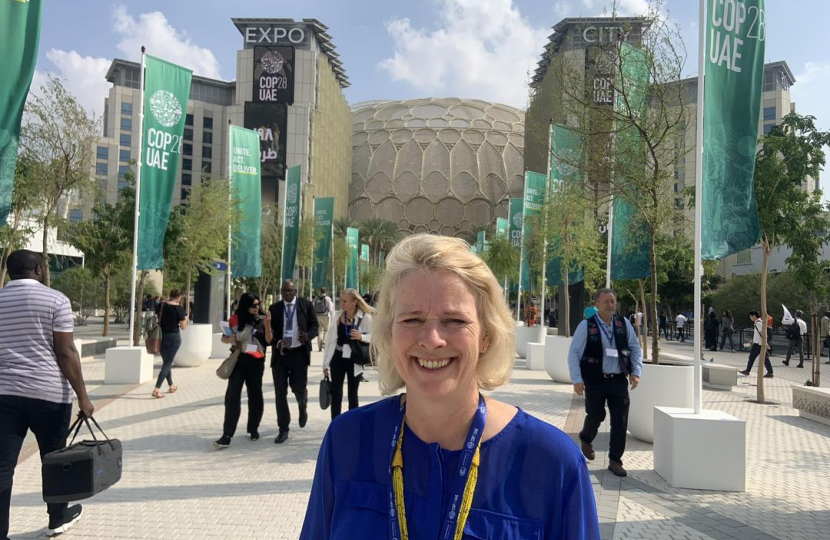
Observations from #COP28. Firstly it’s huge. Much bigger than Glasgow as globally more and more people and different sectors of the economy are realising the impact that warming is having. Next time pack blister plasters.
I have been told there are 104,000 people here. I reckon about 4,000 people are in positions to make meaningful announcements and the other 100,000 people are here to show we care - having the demonstration that people from organisations all across the world care about this issue is important to getting the decisions over the line. I have made many helpful contacts and learnt lots.
The big issues are:
When will we reach peak emissions - looks like on track to meet global peak emissions in 2025. China likely to meet peak emissions in 2024 or 2025.
Big commitments on “three up, two down” to triple renewables and double energy efficiency by 2030. - 120 countries signed up to this. India, for example is on track to have 500 GW of renewables by 2030 - this is vast.
Mobilising finance “the billions to trillions” agenda moving ahead. This is because more and more private sector businesses are investing in ways to make the world more resilient and to adapt.
Lots of work from the UK on protecting worlds oceans, development of new system for global market for “biodiversity credits” to protect nature. I hear the UK played a big role in a discussion on Nuclear power today, first time nuclear has had a large discussion at a COP.
52 of the worlds biggest Oil and Gas companies have signed up to a pledge to zero routine flaring by 2030, net zero methane by 2030 and net zero CO2 by 2050. This is over 40 percent of global oil and gas production - Russia, Iran and Venezuela have not signed up to this.
In my view Russia is being actively disruptive. For example, I witnessed them disrupting a negotiation on impact on women and local communities today. Fortunately most other nations are being more constructive.
Other big issues to agree is the phase out of non abated fossil fuels and what form and detail the global stock take to 2030 is to take.
Achieving agreement on loss and damage on day one was a big step. This is especially important for small island developing states and the main reason why there was no global agreement at last year’s COP.
Interestingly there is a huge amount of discussion about hydrogen - which I don’t recollect being discusses much at the Glasgow COP. I think this shows how fast the innovation and delivery is moving in key areas.
Oh and good news from the Amazon too!

